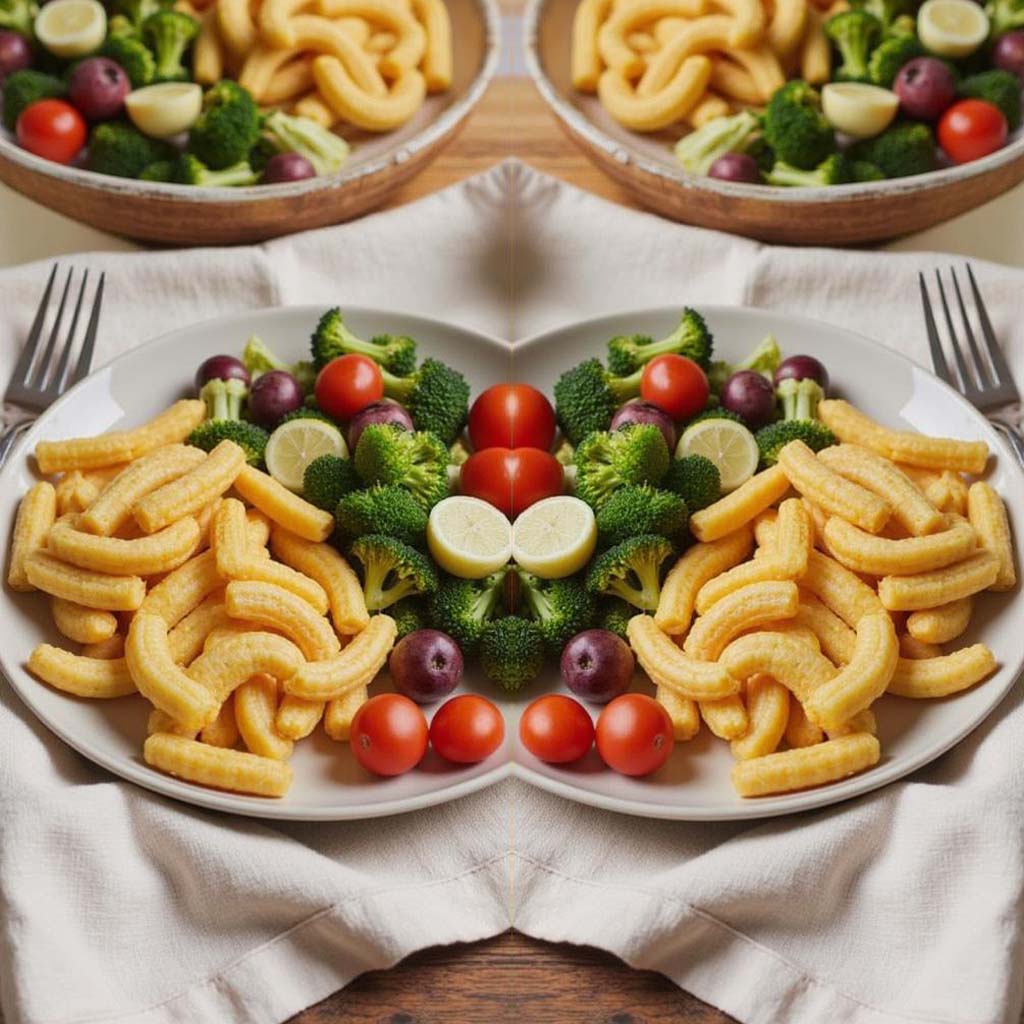How to Maintain Energy Balance
Energy balance is a critical concept in understanding how our bodies manage weight, metabolism, and overall health. It refers to the relationship between the calories we consume through food and drink and the calories we expend through various activities and bodily functions. Achieving a state of energy balance is essential for optimal health, whether you aim to maintain, gain, or lose weight.
To maintain an energy balance, you need to be cognizant of your dietary intake and physical activity levels. This can often feel daunting, but with the right tools and strategies, it can become an integral yet manageable part of your lifestyle.
Understanding Energy Expenditure
Energy expenditure is divided into three main components:
- Basal Metabolic Rate (BMR): This is the number of calories required to keep your body functioning at rest. BMR is influenced by factors such as age, gender, weight, and muscle mass. A simple way to estimate your BMR is by using the Mifflin-St Jeor equation, which accounts for these variables.
- Physical Activity: This encompasses all movement that expends energy, from structured exercise to everyday tasks like walking or cleaning. The amount of physical activity you engage in dramatically impacts your total daily energy expenditure (TDEE).
- Thermic Effect of Food (TEF): This refers to the energy used to digest, absorb, and metabolize food. TEF typically accounts for about 10% of your total caloric expenditure.
Caloric Intake: What You Need to Know
On the flip side of the equation is your caloric intake—what you consume daily. To maintain energy balance, it’s important to consume the right calories in appropriate amounts. Here are some tips to help you out:
- Focus on Nutrient-Dense Foods: Choose foods that offer more nutrients with fewer calories. Fruits, vegetables, whole grains, lean proteins, and healthy fats are great choices that can help keep your caloric intake in check without sacrificing nutrition.
- Monitor Portion Sizes: Be mindful of the portions you serve yourself. Using smaller plates and bowls can sometimes trick your brain into feeling satisfied with less food.
- Keep a Food Diary: Tracking your food intake can be a powerful way to become more aware of your eating habits. Mobile apps or even simple notebooks can be invaluable in helping you see patterns that could be adjusted for better energy balance.
Incorporating Physical Activity
The other half of the energy balance equation is physical activity. Regular exercise not only helps you burn calories but also improves your overall health. Here are some tips to incorporate more physical activity into your routine:
- Find Activities You Enjoy: Whether it’s dancing, hiking, or playing a sport, engaging in physical activities that you love will make it easier to stay active over time.
- Incorporate Movement into Your Day: Simple adjustments, like taking the stairs instead of the elevator, walking or biking instead of driving, or even standing up during phone calls, can contribute to your overall physical activity.
- Set Realistic Goals: Aim for a mix of aerobic activities, strength training, and flexibility exercises. The recommendation for adults is at least 150 minutes of moderate-intensity or 75 minutes of vigorous-intensity activity each week.
Key Strategies for Maintaining Energy Balance
Now that we’ve discussed the components involved, here are some key strategies to ensure you achieve and maintain energy balance effectively:
- Stay Hydrated: Sometimes our bodies can mistake thirst for hunger. Drinking enough water throughout the day can help with appetite regulation.
- Prioritize Sleep: Lack of sleep can disrupt hormones that regulate appetite, making it easier to consume more calories than needed. Aim for 7-9 hours of quality sleep each night.
- Be Flexible: Understand that maintaining energy balance is not a rigid process. Allow yourself to indulge occasionally but balance it with healthier choices and increased activity.
In conclusion, maintaining energy balance isn’t about perfection; it’s about consistency. By being mindful of your habits, incorporating physical activity into your lifestyle, and making informed dietary choices, you can achieve a sustainable approach to energy balance. Remember that every small step you take contributes to your overall well-being.

